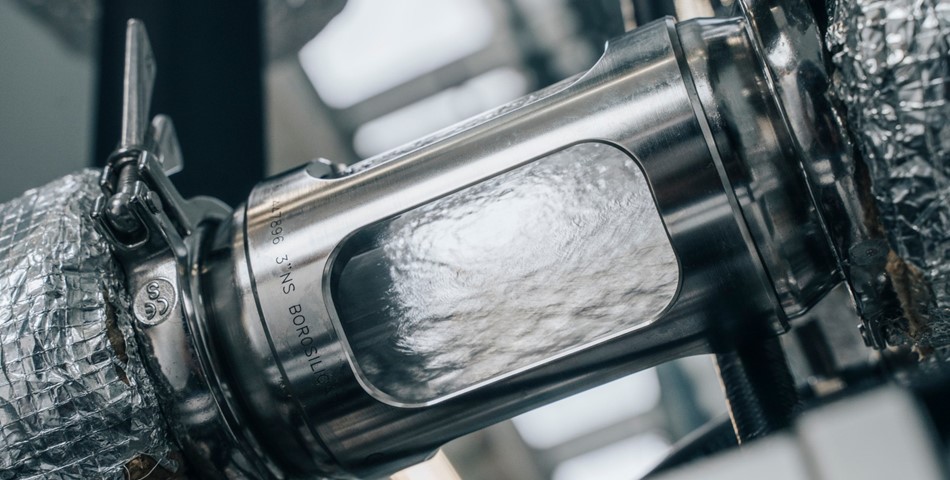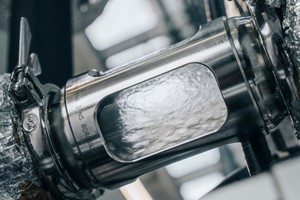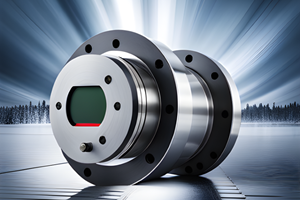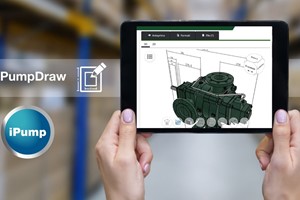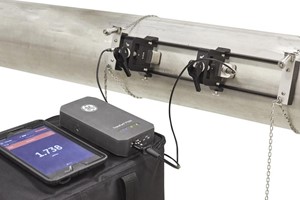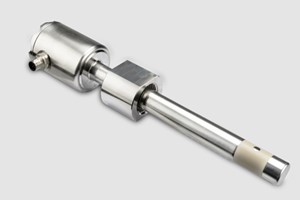Bosch ups the ante on green hydrogen with new water treatment technology for electrolysis systems.
Low-cost wind and solar power have created an opportunity for green hydrogen to play an important role in global decarbonization, but there is a catch. The water needed to produce hydrogen needs to be pure, and purity comes at a cost. Driving those costs down is a next-level challenge for hydrogen stakeholders, and the legacy German engineering firm Bosch is among those up for it.
The Green Hydrogen Opportunity
Hydrogen is a zero-emission fuel when used to generate electricity in a fuel cell. However, tailpipe emissions are just the end of the hydrogen supply chain. Hydrogen is abundant in nature, but it is not naturally found alone. It must be extracted from something else. Until recently, the primary source has been natural gas, along with coal to a lesser extent.
Renewable energy has flipped the script by driving down the cost of electrolysis, in which an electrical current is used to push hydrogen from water.
Hydrogen can return the favor because it is a transportable energy storage medium as well as an input for fuel cells. Excess energy from a wind farm or solar array can be put to use for electrolysis, potentially creating a more value-rich environment for investors.
Wind and solar can also bring electrolysis systems to remote areas where water is available but grid connections are not. The green hydrogen can be used on site or shipped out by truck, rail, pipeline or ship.
Water electrolysis currently accounts for just a small fraction of the global hydrogen supply, but demand is growing as the global economy decouples from fossil fuels.
The use cases for hydrogen go far beyond fuel cell electric vehicles to include some of the most important industrial sectors in the global economy, including ammonia fertilizer as well as food processing, pharmaceuticals, metallurgy, and refining. Even if fuel cell EVs fade into the dustbin of history, demand for hydrogen will continue to grow.
Bosch Takes the Green Hydrogen Plunge
Bosch has been pivoting into new technologies ever since its founding in 1886, so it’s no surprise to see green hydrogen playing the featured role in Bosch Tech Day 2023, taking place on July 13 in Stuttgart.
A new water treatment system for electrolysis is among the hydrogen technologies Bosch has been previewing in advance of Tech Day. The system represents yet another new expansion of Bosch’s business, with a twist.
“In addition to systems using the usual water treatment method of reverse osmosis, Bosch also plans to offer new solutions specifically engineered for remote areas and offshore locations,” Bosch explained in a press release last week.
We’ll get more details on that when we visit Bosch this week. In the meantime, the offshore angle is of interest due to new opportunities for locating electrolysis systems, provided by the offshore wind industry.
Co-locating electrolysis systems with wind farms offers the potential for efficiency enhancements, by shortening the distance between power generation and the end user. Offshore systems also relieve developers from seeking space on land. Hydrogen from the operation could be shipped or pipe-lined to shore, or it could be used for seagoing refueling operations on site.
That may seem like a pipe dream over here in the US, where offshore wind activity has been slow on the uptake. Elsewhere around the globe it’s a different story, with the latest renewable energy hotspot to emerge being the Baltic Sea.
More Water for Hydrogen
Also relevant to the offshore area is new research demonstrating the potential for extracting hydrogen directly from seawater, without piling on treatment steps. However, that could involve a pretty long leap from the lab to commercial markets. In the meantime, the cost of treating seawater has been sinking alongside improvements in the efficiency of reverse osmosis systems, with the US Navy among those driving the trend.
Bosch anticipates bringing its water treatment systems to market next year. “The systems designed by Bosch Manufacturing Solutions are not only robust and low maintenance, but compared to solutions commonly available on the market, they eliminate the need for chemicals in water treatment,” Bosch explained.
“We’re developing technology for water treatment as well as for the generation, compression, storage, and use of hydrogen – and doing so for various sectors,” added Dr. Stefan Hartung, the chairman of the Bosch board of management.
The Heat Pump Connection
Although green hydrogen is the star of Tech Day 2023, no mention of Bosch is complete without touching on heat pumps, which are emerging as one of the foundational underpinnings of a low carbon economy.
Bosch’s home appliance business set the stage for its heat pump journey, which began to take form during the energy crisis of the 1970’s. The company’s Junkers division produced a water-enabled heat pump as a prototype in 1975, to be used for heating and hot water. Bosch followed up with the unveiling of the Trithermun experimental house in 1976, which sported solar collectors and a gas-fired backup system in addition to a heat pump.



